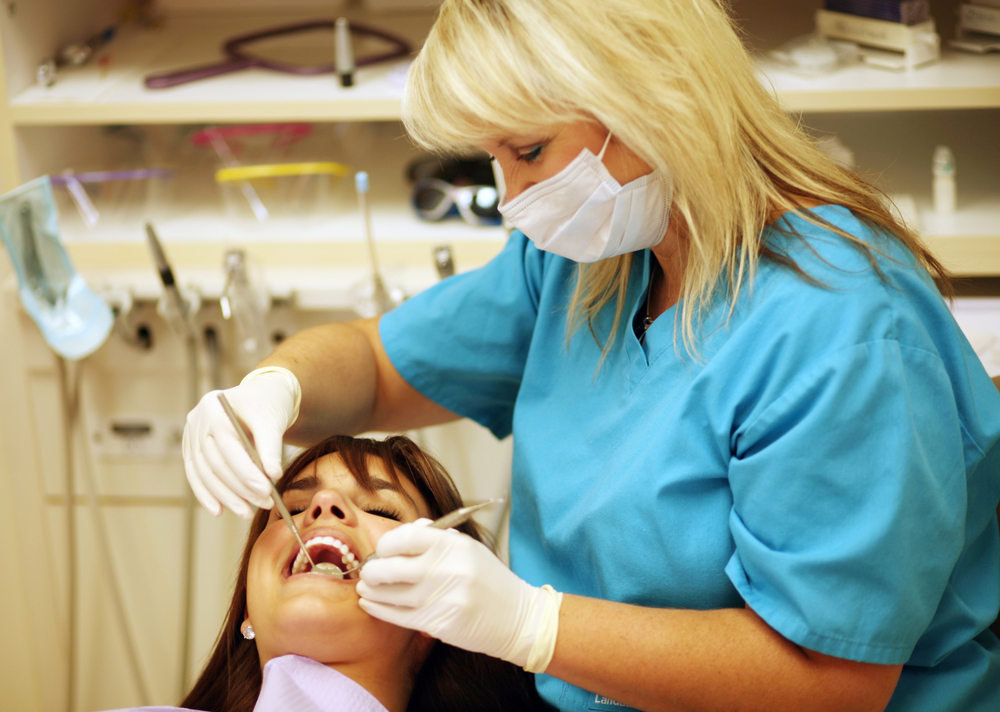Cyril Bosch
11:18 28 Nov 22
First visit to Oatlands Dental lounge at the new premises. Same great service with a smile! Can definitely recommend.
Chris Aslett
19:49 22 Nov 22
The team at Oatlands Dental Lounge helped me in my hour of need. An emergency same day appointment when I couldn’t find one elsewhere.Everyone, from reception to Dr Neil Paryani who looked after my treatment were exceptional. So friendly and welcoming.I can’t speak highly enough of the quality of treatment and advice I received during my visit. If it wasn’t for them I would have ended up at A&E such was the level of pain and anguish I was in at that time.Wouldn’t hesitate to recommend.
Gillian Fraser
09:48 09 Oct 22
Just over a year ago I finally plucked up the courage to visit a dentist at Oatlands Dental Lounge (thoroughly researched online) for the first time in over 30 years. I had no choice any more, my upper front tooth had fallen out. My gums had been receding for a few years but, because of my fear, I had kept putting it off.I needn't have worried. Neil immediately put me at ease and over the next few weeks outlined the options for treatment, to be taken at my own pace.I now have full dental implants in my upper mouth as well as a crown and a bridge in my lower mouth. I can honestly say that throughout the treatment I have never experienced any pain - discomfort, swelling and bruising from the extraction of my upper teeth and insertion of implant placements for a couple of days, but never any pain. Dentistry has certainly moved on from when I was a child!!It has been a long process but the result is totally worth it and can smile confidently again. I now enjoy my (less frequent) visits to Neil and all the whole team, the receptionists, hygienist, who are all very efficient, friendly and calming.If you are nervous of the dentist, I would thoroughly recommend this practice.
Andrew Nicholson
20:39 20 Aug 22
When our son had a traumatic bicycle accident and the old family dentist let us down really badly after a night in A&E, Neil and his staff were simply amazing. This caring, happy, approachable team rapidly organised emergency treatment and set out a plan of action which produced results we barely dared hope were possible. To say they worked a minor miracle is no small understatement (thank you to you all).From the moment you step into reception you feel welcome and at ease, and that sets the tone for whatever your appointment entails.All of us are moving to Oatlands Dental Lounge, and I can now personally recommend Sarah the hygienist as well as Neil.My only regret is that we didn't find them sooner.
Michael Borg Darcy
12:59 18 May 22
The Dentist kept me calm and was super reassuring. Felt NO PAIN at all, not even for the local anaesthetic in the gums. He ensured to answer ALL my questions and saved me from the agony I had in my teeth and headboard have for over a week. He has done what no other dentist has ever done for me. Reassurance, no pain and asked for a follow up. I will definitely use him again.
Natasha Agnew
09:52 29 Apr 22
Oatlands dental lounge has been absolutely outstanding with helping me with fixing my teeth. Neil is amazing and has not only transformed my teeth but restored confidence and professional advice for my teeth. I have received orthodontics and a brace, which I am absolutely over the moon with the results and care from doctor George. Not only medically treating me and restoring my teeth, the hygienist appointments at this clinic are insane, the difference is amazing and my teeth have never looked and felt better. I cannot express how much the dental surgery has helped me.
Eva Glushkova
14:47 14 Apr 22
I had an amazing experience with Neil. He is very professional. He did my front teeth and they look better than ever! I also visit hygienist here regularly and the experience is always very positive. Everyone is very helpful and friendly! Highly recommend!
Naomi Wright
16:37 18 Feb 22
I highly recommend Omesh and the team at Oatlands for oral surgery. As a nervous dental patient, I’d been putting off having all 4 wisdom teeth extracted until I met with Omesh. His calm & informative approach made the whole process smooth, comfortable and full of genuine care. I’ve been impressed (and relieved!) to have had a pain free experience using sedation & I’ve also been so grateful for the post procedure care too. Thank you so much!
Charlotte Fridd
16:16 23 Dec 21
Having had a terrible cosmetic dentistry experience with another dentist in Bristol a few years ago - I was pretty nervous to start the process again. I decided to go with Oatlands after reading their excellent patient reviews and I am so, so glad I did! Neil has been absolutely amazing throughout the whole process of getting my veneers. He really listened to what I wanted to achieve, was honest and professional, and ensured perfection throughout. I couldn't be happier with the service or the results - thank you Neil & the team!
Dóra Bencsik
12:11 06 Oct 21
Great hygienist, lovely staff and safety environment. I highly recommend to everyone .
Sean Costa
15:06 01 Oct 21
Great hygienist. First time no pain yay! Top work as she showed me the before and after so you known the treatment worked as it should! Couldn’t recommend more!


